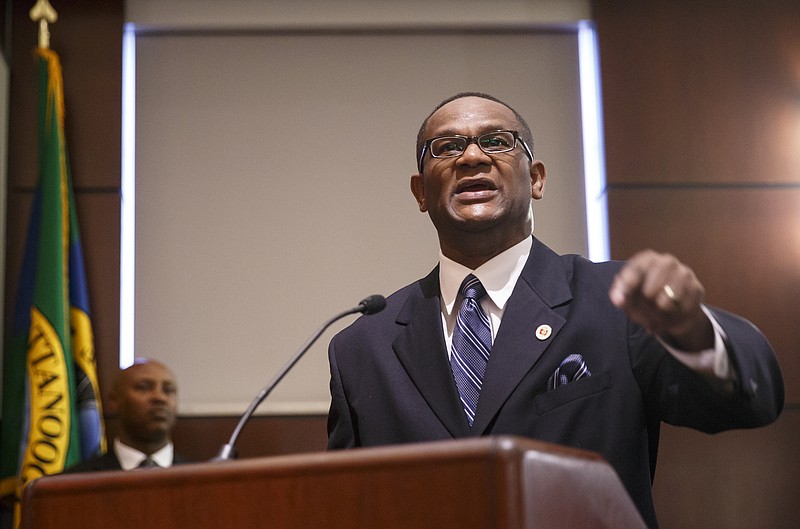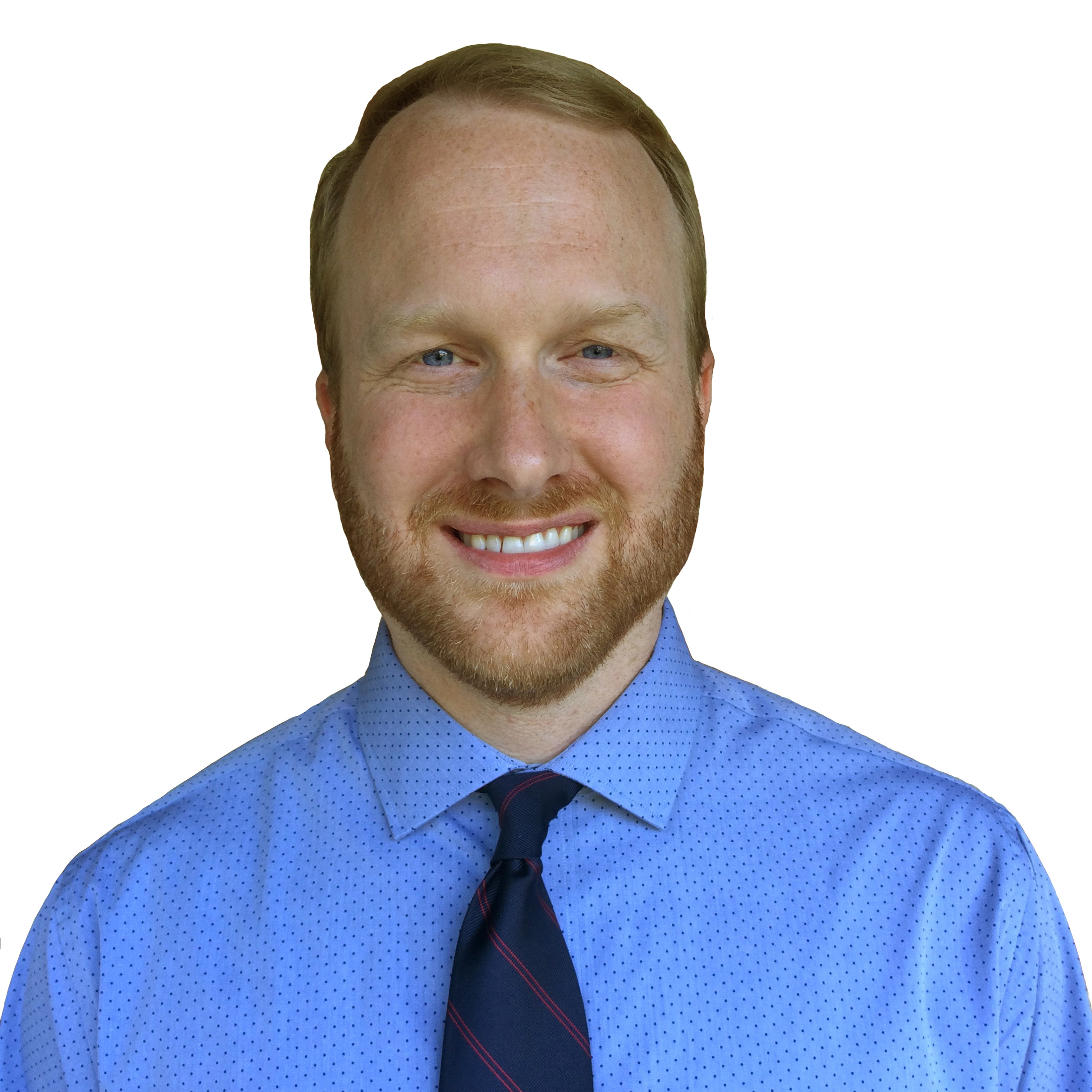On Tuesday, the Chattanooga City Council made an unusual move. Members allowed - after some initial hand-wringing the week before - local Nation of Islam leader Kevin Muhammad to present a 20-minute "State of the People" address.
What made council members' April 26 decision atypical is that residents are typically permitted three minutes of podium time (a civic "open mic," of sorts) at every meeting. Giving almost a half an hour of uninterrupted time to a single presenter is rare.
Muhammad's request came on the heels of Mayor Andy Berke's 2016 "State of the City" address, an annual speech that details highlights of the past year while explaining City Hall's agenda for the coming 12 months. The address is a necessary exercise, but as Muhammad tells it, the mayoral version doesn't include the perspectives of all Chattanoogans - specifically "the poor and disenfranchised" as he calls them. Muhammad's version aimed at giving voice to those living on the perceived margins of society.
In my column last Friday, I voiced support for the council's decision to give Muhammad the green light, because, I argued "if we're ever going to compile a comprehensive civic account, we must be willing to hear out these muffled points of view." Of course, I tempered that endorsement with "I (don't) think I'll be agreeing with too much of what Muhammad has to say."
To be honest, I planned on rolling my eyes through most of Muhammad's speech. After all, I can't count how many times the preeminent Nation of Islam leader, Louis Farrakhan, has left me shaking my head.
What I wasn't prepared for was the fact that I agreed with quite a bit of what Muhammad said. No, I don't fully back his proposals to remedy some of our metropolitan dysfunctions, but there were a few moments I caught myself saying "mmhmm" under my breath. Particularly when Muhammad boldly (and loudly - the man does not need a microphone) gave name to one of the major factors leading to our city's ailments: broken families.
"Family is the basic unit of civilization," he said. "When you have strong families, you have strong communities." And when you have "students who are empowered, they make smart choices." Amen, Kevin.
Muhammad's biggest problems with the city are 1) how budget funds are allocated (he thinks more dollars should be devoted to impoverished residents); and 2) the police department. And he draws a direct line between the two. To feed additional money into programs he feels are more worthy of public expenditures, he wants the police department to be minimized.
In what was probably his most controversial statement on Tuesday, Muhammad claimed "the police in our communities are, to us, as the occupying armies of America are to the people of Iraq, Afghanistan and Libya."
I'll be nice and call that a "stretch" of a comparison, and this is where Muhammad's ideating comes off the rails. He feels that if the city were to pump more money into an internship/jobs program and community centers, gang violence would disappear to the point that communities wouldn't need an "occupying" police force.
That's a nice concept, but it's wishful thinking.
Using a medical analogy, our spiking gang violence is symptomatic of a deep-festering social illness. It's that scary-looking mole on your shoulder that tells you cancer is below. When it gets to that stage, you have to attack it and slice it out. Sure, it would have helped to wear more sunscreen when you were younger, but when diagnosed you don't cure melanoma by applying more Coppertone.
Muhammad might have his qualms with the policemen in his neighborhood, but we're past the point where a preventive-only approach will fix things. It will take both preventive and corrective medicine. It always has, and it always will. Utopia is not a real place on a map.
Should city budget apportionment be revisited? Yes. Would it be nice to see some of the companies that have enjoyed friendly tax breaks write more checks to struggling youth and family programs (something Muhammad wants to see happen)? Of course. But thinking that a simple reallocation of funds will somehow correct long-entrenched problems overnight is a fantasy.
Whether you give more credence to Berke's "State of the City" or Muhammad's "State of the People," the reality is that to reverse Chattanooga's more troubling circumstances, we have to be committed to the long game.
Adding Muhammad's voice to the official record was important. Now it's time to find mutual footing and grow with one another.
Contact David Allen Martin at davidallenmartin423@gmail.com and follow him on Twitter @DMart423.

